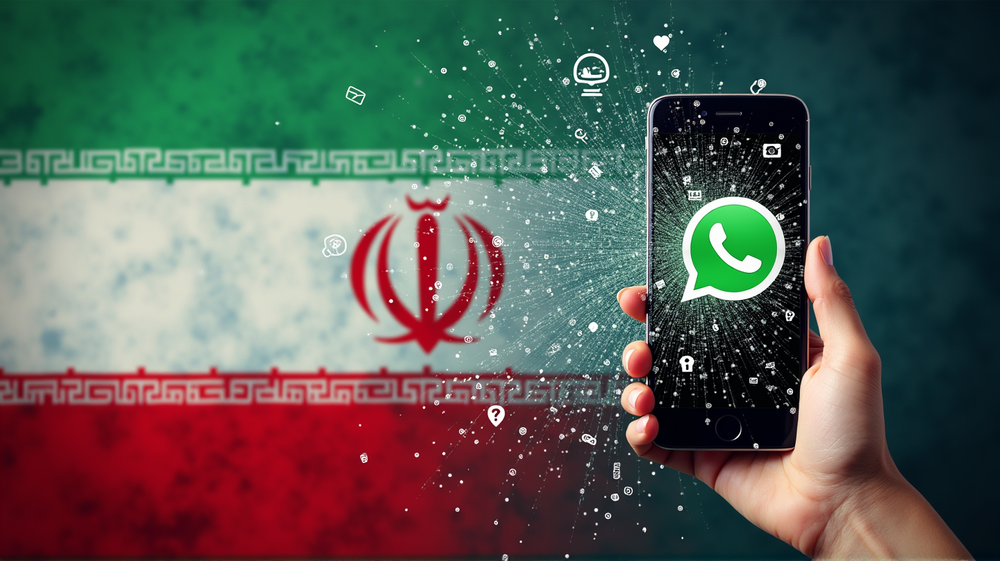In an unexpected turn of events, Iranian state television has urged citizens to take a cautious step: deleting WhatsApp from their smartphones. The directive, wrapped in claims that the app shares user data with Israel, has ignited a wave of controversy and debate over privacy, data sovereignty, and digital rights.
WhatsApp’s Defense: Standing Firm on Privacy
WhatsApp, owned by Meta Platforms, swiftly rebutted the allegations, emphasizing its commitment to user privacy and security. According to LEX18, the app uses end-to-end encryption to ensure that messages remain confidential and unreadable to intermediaries. “We do not track your precise location, keep logs, or provide bulk information to any government,” WhatsApp highlighted in its defense.
The Encryption Enigma: What’s at Stake?
The heart of the matter lies in WhatsApp’s end-to-end encryption, which scrambles messages so only the sender and receiver can comprehend them. While widely considered secure, Gregory Falco, a cybersecurity expert from Cornell University, points to metadata that isn’t encrypted, suggesting potential vulnerabilities.
A Tale of Data Sovereignty
A notable angle in this debate is data sovereignty. Falco underscores the importance of countries controlling their citizens’ data within their borders. Yet, for apps like WhatsApp, it’s conceivable that Iranian data is stored elsewhere, albeit safeguarded.
Iran’s Tumultuous Relationship with Social Media
Over the years, Iran has had a rocky relationship with social media platforms, often blocking access during political unrest. However, many Iranians bypass such blocks using proxies and VPNs. In 2022, amidst nationwide protests, WhatsApp faced a ban, which was later lifted.
The Bigger Picture: A Struggle for Digital Rights
This situation underscores broader struggles over digital rights, access to information, and the delicate balance between national security and personal privacy. As the world navigates the complex digital landscape, such debates are likely to intensify.
What Lies Ahead?
As this chapter unfolds, the world watches closely, pondering the implications for digital communication freedom and respect for individual privacy. The story of Iran and WhatsApp is a microcosm reflecting the broader challenges in our interconnected world.












